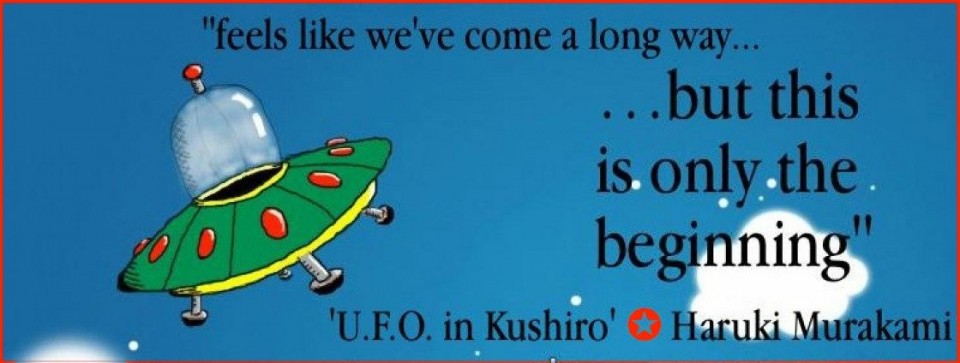“Have you ever heard of karmic causality?”
That was the question my sister was asked when she was in hospital, waiting for a diagnosis. She was asked by a doctor – not her doctor, just someone who happened to be passing by. He’s not working at the hospital anymore – I’m not sure if he’s even got his licence anymore, for a number of unrelated reasons – but his question was perhaps the cruellest thing that anyone could say to someone who is scared, and ill, and utterly bewildered.
So what is karma? I suppose everyone knows the principle: ‘what goes around comes around’, or ‘you reap what you sow’. Everything that happens to you, good or bad, is a result of past action and intention.
It’s not so simple as that, of course. We are imperfect beings in an imperfect world – our bodies are fragile, and vulnerable to the ravages of time and disease. No one, however good their karma, is exempt from this. Poor health does not indicate bad karma, and people in good health are not necessarily people with good karma.
I believe that my sister arrived at that point; she stopped trying to find a reason for her disease, or to blame herself for it, but instead found a deep appreciation for the life she was able to lead. It took her a long time to arrive at that point, and I can’t help but think that the question the doctor asked did more to hinder her than anything anyone else could have said.
✪
I wrote a book about my sister. You can read it here. Here’s a spoiler: my sister committed suicide. Three months later, my wife and I terminated our baby, due to chronic and potentially terminal constellations of chromosomal abnormalities. We still don’t know if we did the right thing, but we knew enough to know that we didn’t have the strength to see the pregnancy to term.
The two events are possibly unconnected, except that they were contiguous. But the connection was – is – very real in my mind. It boils down to this: I let my sister die, so, inevitably, my daughter was taken away. That’s karma, isn’t it?
✪
If that is karma, it’s a very simple and self-involved way of looking at it. It doesn’t take anyone but myself into account: not my wife, our daughter, or my sister and the choices that she made. I understood that, eventually, but it took the arrival of Emi to finally break the connection.
One of the bitterest things that I’ve realised is that the death of my sister has taught me lessons and given me understanding that I think might have allowed me to help her. It’s also reinforced that I’m nowhere near as strong as she was, and that I could probably never have ‘moved along on my path’ without leaning on others, and without the deus ex machina that is Emi.
It’s much easier to see the world as against you, than for you. It’s much easier to remember failures and tragedies than happy moments. It’s easier to find reasons to blame yourself for ‘bad karma’ than it is to accept yourself as deserving of ‘good karma’; one is your fault, the other is random luck. My wife and I have a beautiful daughter. We haven’t done anything to deserve her. So maybe, just maybe, we didn’t do anything to deserve losing our other daughter. Maybe they are just random events that have happened, with no reason or cause.
I don’t understand much of anything. But I do know that whether or not there is such a thing as karma, blessings must be cherished, even if you don’t feel as if you deserve them.
